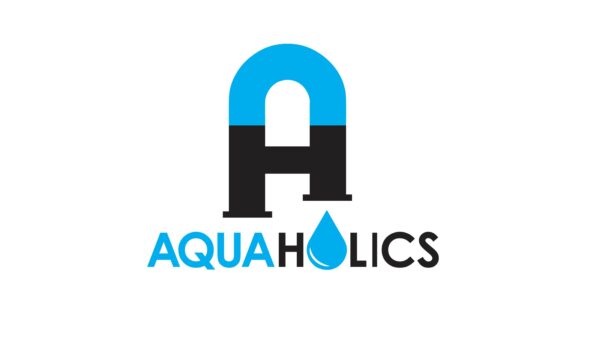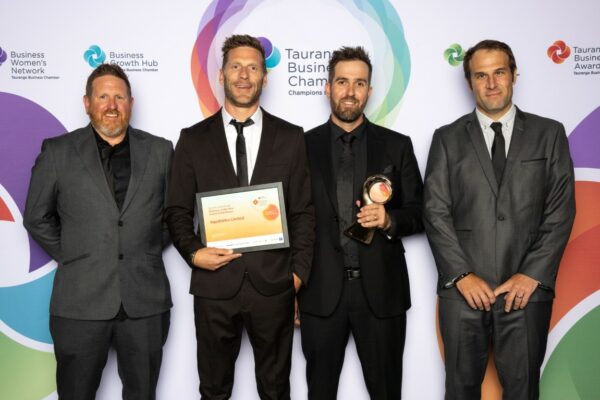A well known statement amongst leadership and organisational psychology circles is culture eats strategy for lunch.
Organisational culture is a broad topic and encompasses attitude, values, hierarchy structure, service/product philosophy… however, the most influential aspect of organisational culture is leadership and interpersonal behaviour.
Having positive (workplace) cultural awareness seeks to start a journey that fosters inclusivity, equality, diversity and justice.
Wiremu Matthews, Kaiwhakahaere | Director Kānuka Wellbeing & Leadership, answers some of our questions about the value cultural awareness brings to professional enviros.
What specific benefit does cultural awareness bring to the workplace?
Benefits will be seen in the workplace in a variety of ways, from having greater confidence to build relationships with each other, higher levels of trust, more diverse thinking and contribution, higher levels of respect for difference and working alongside difference and then to those people outside your organisation who you engage with.
Fundamental principles of human relationships and a desire for personal growth will be met through the broader understanding and knowledge of other ways of being.
Why is it beneficial to build knowledge of te reo and Māori culture?
I believe a greater understanding and application of Te Ao Māori principles and values will help open and broaden a person’s perspectives of life, in life, throughout their life. These are applicable personally, within the family, within the workplace, within the community, and in our interactions with our environment.
What are some examples of good cultural awareness?
Having good cultural awareness in your organisation means everyone taking responsibility by upskilling themselves and better understanding their own unconscious bias and perspectives. It also means there isn’t a minority shouldering all the burden of everything to do with cultural awareness, diversity and inclusion. Instead, this is the ‘culture’ of the workplace.
What are some examples of where cultural awareness is lacking or may not be implemented effectively?
You’d get a sense for when cultural awareness was lacking in a team or not being implemented effectively if you were noticing:
- The organisation hadn’t done anything tangible on this kaupapa in the last 12 months beyond policy writing
- One or two people are having to drive, initiate, promote and run all this work in the organisation
- Low uptake of initiatives like Te wiki o te reo Māori in the organisation

If individuals identify with ethnicity other than Māori, how will these values serve them or their role?
Te Ao Māori values (as explained above) are relevant and applicable to all people, as these values and principles are inherent in effective, inclusive and respectful relationships with people and our environment.
In your opinion, what has been some of the most influential aspects to helping businesses realise they need to be more cultural aware?
I think the two main influences and drivers for business owners have been
- the negative impact on their people, and
- the negative impact on their bottom line, when awareness does NOT exist in their organisation.
When under pressure, human relationships/interpersonal interactions suffer. Our experiences with Covid are taking a toll on people in work and personal lives, the effects of which show in a multitude of ways. Cultural awareness and wellbeing programmes are the oil within teams and organisations to ensure improved understanding, empathy, smoother functioning and interactions between individuals, teams and leaders.
Wiremu is personally facilitating a six-week Cultural Awareness for the Workplace programme right here in Tauranga. Hosted at The Kollective and beginning November 2, places are limited and registration is essential. Course details can be found here.
- Content supplied by Kānuka Wellbeing & Leadership.
Want more top tips, advice and insights? Check out our news section.
















































